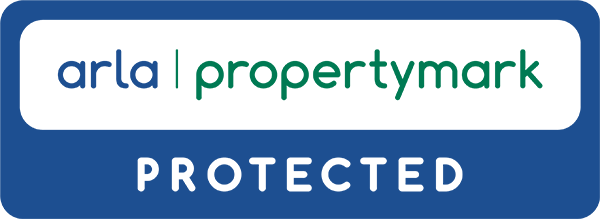Renters' Rights Bill enters House of Lords Committee Stage
The Renters' Rights Bill has now progressed to the Committee Stage in the House of Lords, with detailed scrutiny of the bill set to continue from Tuesday, 22 April through to 6 May 2025. This is a key moment for landlords, as the House of Lords often makes targeted amendments that can significantly alter the final shape of legislation.
Where are we in the legislative process?
Having already passed through the House of Commons, including its own Committee Stage, the bill is now under examination by peers in the House of Lords. The Lords Committee Stage involves a clause-by-clause review—just like in the Commons—but often with deeper scrutiny from legal and sector-specific experts.
This is not the start of the bill’s journey—but it is a critical phase, especially for stakeholders in the private rented sector.
Key issues being debated that affect landlords
Several headline topics are being actively discussed during this stage—many of which could reshape landlord responsibilities and rights:
Court readiness
A central concern for landlords is whether the legal system is adequately prepared to handle changes in eviction protocols. Delays or mismanagement here could complicate enforcement of possession orders.
Fixed-term tenancies
Proposals may limit landlords’ flexibility in offering or ending fixed-term contracts, which could disrupt business models, particularly in student and corporate lettings.
The student ground
The Lords are considering special provisions for student lets, which could affect how landlords plan for academic-year cycles and re-letting.
Pets in properties
Measures to make it easier for tenants to keep pets may reduce landlords' discretion, with implications for insurance, property condition, and maintenance.
Short-term lets
The bill may introduce stronger regulations around holiday and short-term letting, with particular consequences for landlords operating in popular tourist areas.
What’s next for the Renters' Rights Bill?
Once the Committee Stage in the House of Lords concludes, the bill still has a few more steps to complete:
Report Stage (Lords)
Further review and potential amendments following the Committee’s discussions.
Third Reading (Lords)
Final consideration in the House of Lords before the bill returns to the Commons.
Consideration of Amendments
The House of Commons and House of Lords must agree on the final version of the bill. Any disagreements lead to the “ping pong” stage until consensus is reached.
Royal Assent
Once all changes are finalised, the bill will receive Royal Assent and become law.
What should landlords do now?
With the Renters' Rights Bill moving steadily toward the finish line, landlords should:
- Stay informed about the changes being debated in the Lords.
- Review tenancy agreements, especially clauses related to pets, tenancy lengths, and grounds for possession.
- Engage with letting agents and trade bodies to understand how proposed changes could affect their portfolios.
- Plan for compliance, particularly around legal processes and documentation, in case court reforms are enacted.
Final thoughts: A time of transition for the rental sector
The Renters' Rights Bill is more than halfway through its legislative journey and is likely to bring substantial reform to how rental properties are managed across the UK.
As the House of Lords debates the finer details, landlords should be proactive—monitor developments, seek advice, and prepare for a new legal landscape. Early action can help mitigate disruption and ensure your rental business remains compliant and resilient.
Renters' Rights Bill compliance consultation
We are offering a free, no obligation Compliance Consultation to help landlords ensure that they're fully compliant with the new requirements set out in the Renters' Rights Bill and aren't exposed to any potential penalties. If we do identify any gaps in compliance, we will help landlords to put an action plan into place. To arrange yours, call us on 0161 511 5339 or complete our contact form.





